Tooth Replacement
Not many years ago, losing a tooth left you with few options for replacement. While permanent teeth should provide a lifetime of function, it doesn't always end up that way. They may be lost from an accident, deep cavities, or gum disease. And since teeth start as a full set, even one missing tooth may disrupt the complex function of chewing. As teeth slowly lean and migrate into extra spaces, wear and cracking from excessive forces often create escalating problems.
When it's time to replace missing teeth, whether it's one or a full set, several options might be available to you. Dental implants often give you the best opportunity to enjoy normal chewing and a full smile, although all therapeutic possibilities deserve consideration.
We know it's not always easy for you to sort through the complicated possibilities. Dr. Haskins-Borg’s background in restorative dentistry allow her to develop solutions for every scenario.
Implants
Replacing missing teeth with implants brings your mouth back to full function and well-being. Stunning porcelains replicate natural teeth perfectly, whether it's one or more absent teeth. Single crowns or complex bridges can be supported by implants, with solutions for every scenario.
Full or Partial Dentures
Sometimes a removable appliance is the best way to replace missing teeth. Whether a partial denture or a complete denture would restore your mouth to more optimal function and appearance, there's a design that will work for you. Dental implants frequently combine with dentures for unprecedented stability and confidence.
Porcelain Bridges
Dental bridges have traditionally been a top choice for replacing missing teeth. With the widespread use of dental implants, more options are now available to bridge gaps in your smile. Esthetic, customized porcelains, engineered into a bridge can be designed to eliminate spaces of every size.
